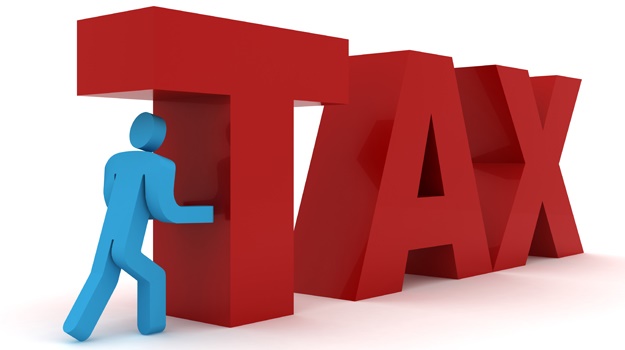Cape Town – A roundup of Thursday’s top economic and finance reads on Fin24.
Gupta mineworkers demand answers about their future
Striking mineworkers at Gupta-owned Optimum Coal Mine have demanded to know the “truth of the sale” of the mine.
Workers downed tools on Wednesday morning, saying there was uncertainty over their jobs and the future of the mine.
A
large group of mineworkers gathered at the main gate of the mine early
on Thursday morning, insisting that management briefs them.
Optimum Coal CEO George van der Merwe received a memorandum from them. In
the memorandum, they demanded to know if they would be paid and asked
to be informed of plans to pay outstanding debt to creditors.
Ramaphosa tax gamble targets debt before elections
President Cyril Ramaphosa risks alienating voters in the run-up to
next year’s elections after his administration announced plans to raise
sales tax and curb spending as it seeks to stabilise debt and prevent a third junk credit rating.
The
value-added tax rate will be raised to 15% from 14%, the first time
since the end of apartheid that the government has targeted a charge
seen as hitting the poor hardest.
Levies on fuel and luxury goods will
also go up, while planned spending will be cut over the next three
years, according to Finance Minister Malusi Gigaba. The rand and
government bonds gained.
#EntrepreneurCorner: SONA, Budget Speech and your business
In this week’s episode, Fin24’s resident expert Anton Ressel
discusses the importance of both the State of the Nation Address and the
national Budget Speech, and how they affect the running of small
businesses.
Ressel is hopeful that President Cyril Ramaphosa’s
indication of support for the sector in his speech will ensure an
enabling environment for small businesses to thrive.
“We’ve been
hearing this for a long time,” he said, “I think that the government
always has the best intentions.” But when it comes to implementation, it
has not always followed through, Ressel says.
Schizophrenic budget a desperate attempt to balance the books
Whichever way you look at it, Budget 2018 was always going to be punitive – and it sure was.
All
South Africans, especially the poor, are being made to pay for both the
excesses of the Zuma era as well as the failure to enact and enable
growth-orientated economic policies.
The rise in value-added tax
(VAT) and fuel levies is largely an attack on the poor and presents a
gamble for newly-elected President Cyril Ramaphosa as he seeks to
revitalise his own political party ahead of the 2019 elections.
But
Budget 2018 was a peculiar affair. In essence, it was delivered by a
less-than-credible messenger under the whip from a more-than-credible
new president, writes Daniel Silke.
Property experts weigh in on Budget 2018
The property market, which is fuelled by sentiment, and Budget 2018 –
on the back of the election of President Cyril Ramaphosa – are expected
to go a long way towards reaffirming investor confidence in real
estate, according to Dr Andrew Golding, chief executive of the Pam
Golding Property group.
Golding said an interesting aspect of the
Budget Speech is the proposal that some 195 000 government-owned
properties with an estimated value of over R40bn would either be better
used or sold in the short to medium term.
This could unlock revenue as
well as opportunities for property development and redevelopment.
Visit
our Budget 2018 Special for all
the news, views and analysis.
* Sign up to Fin24’s top news in your inbox: SUBSCRIBE TO FIN24 NEWSLETTER








